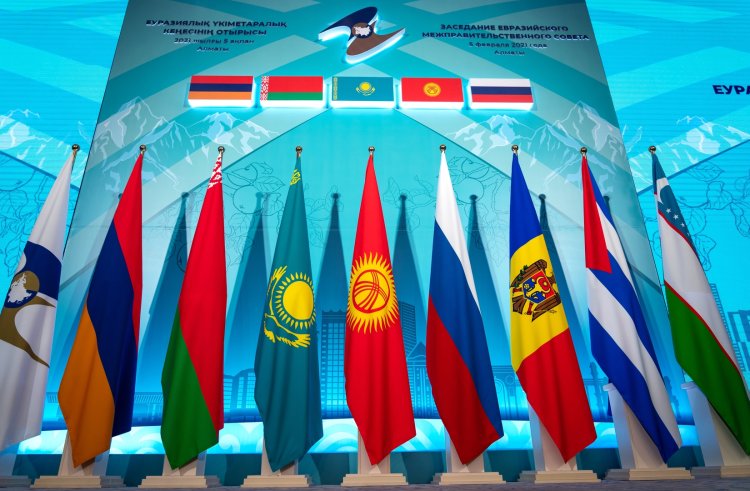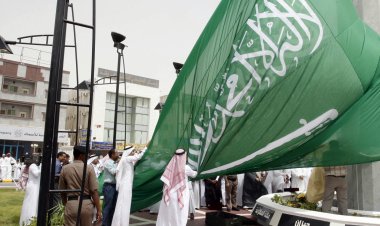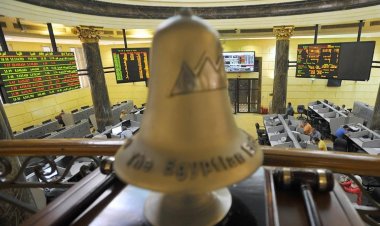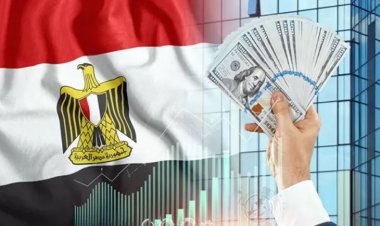"EEU" signs a free trade agreement with Iran...the most important items

Members of the Russian-led Eurasian Economic Union (EEU) have signed a fully-fledged free trade agreement with Iran, Russia's economy ministry and the EEU said on Monday.
According to Reuters news agency, the agreement will become permanent and replace a similar temporary pact in force since 2019. The previous deal facilitated mutual trade with Iran and increased it to $6.2 billion in 2022 from $2.4 billion in 2019.
The Eurasian Economic Union comprises Armenia, Belarus, Kazakhstan, Kyrgyzstan and Russia.
Both the region and Iran have taken on additional significance for the Kremlin after Western sanctions over Moscow's conflict in Ukraine limited Russia's foreign trade routes and forced it to look for markets outside Europe.

The new deal will eliminate customs duties on almost 90% of goods, while the agreement establishes a preferential regime for almost all trade between Russia and Iran.
Russian Economy Minister Maxim Reshetnikov said the deal would allow Russian business to save around 27 billion roubles ($294 million) each year.
Meeting in the Russian city
The leaders of the Eurasian Economic Union (EAEU) countries adopted a declaration on further development of the union at a meeting in the Russian city of St. Petersburg on, said the Kremlin.
During a meeting of the Supreme Eurasian Economic Council, heads of EAEU member states summarized the union's achievements over the past few years, discussed prospects for future cooperation and approved a declaration on the further development of economic processes within the framework of the union until 2030 and for the period until 2045.
They also adopted a document on the main directions of the union's international activities in 2024 and a document on the union's main macroeconomic policy guidelines from 2024 to 2025.
The declaration includes specific measures to step up the joint efforts in key sectors and defines additional areas of interaction, such as the climate agenda, healthcare and tourism, said Russian President Vladimir Putin at the meeting.


 Shrouq
Shrouq 












